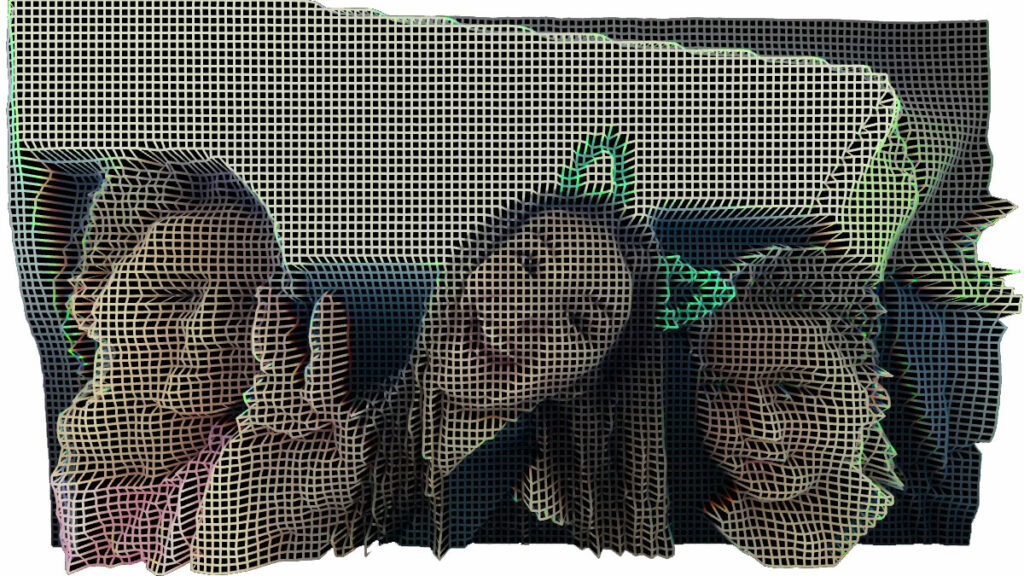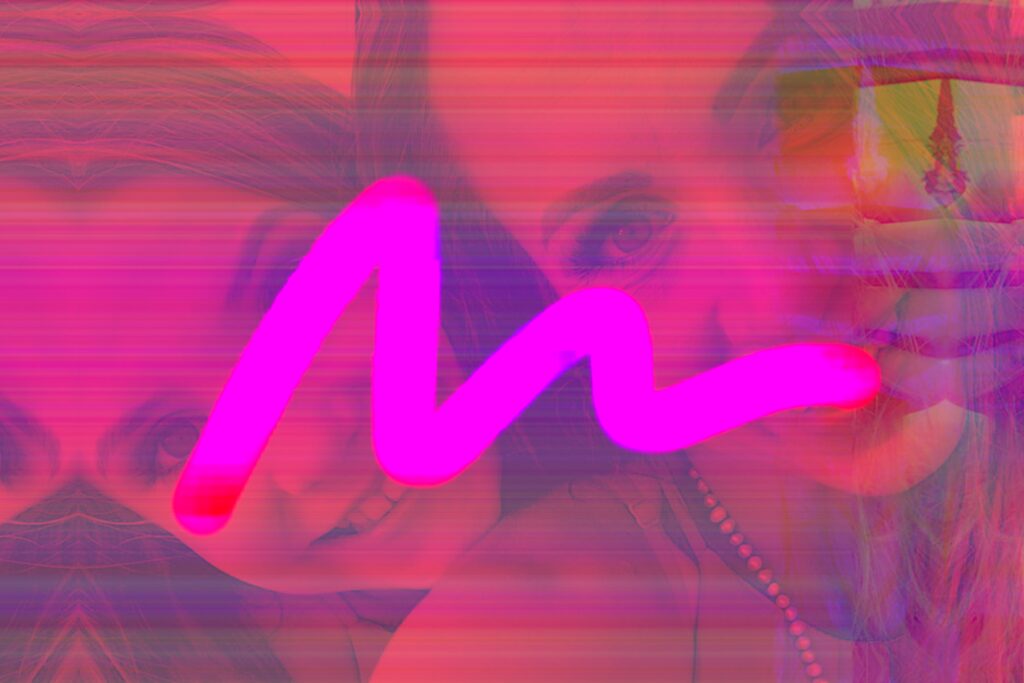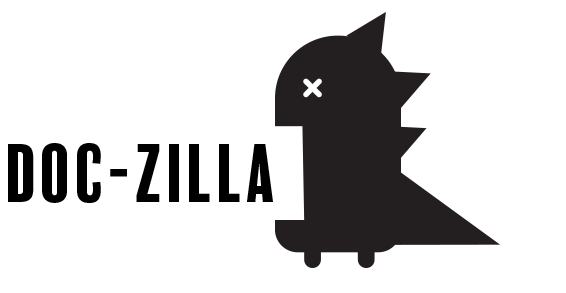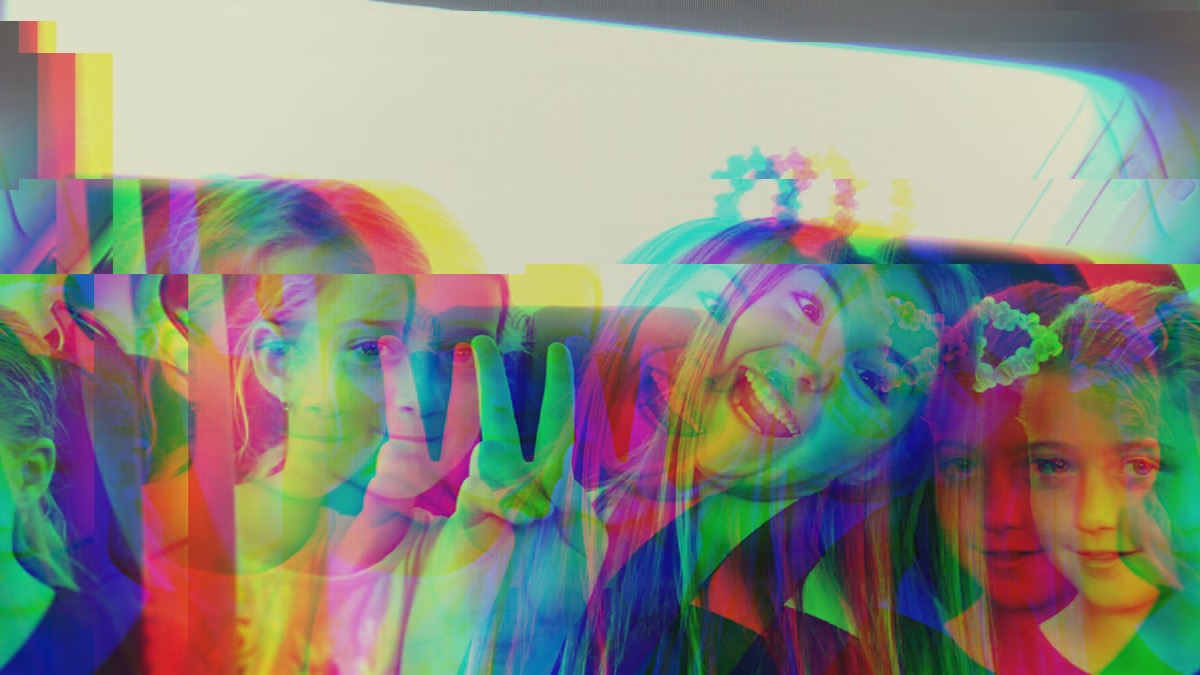Mothers of the world… did you know what’s crush content is? That one kidfluencer has more views than CNN? At the end of this one you will know even more that you would like to 😉
Bad Influence: The Dark Side of Kidfluencing is the kind of documentary that sneaks up on you and hits with truth about distorted world of kidfluencers. What begins as a dive into the candy-colored world of kid content creators quickly unravels into something far more urgent—and far more important.
Her having the boyfriend? It’s really important for her viewership. Smart, well researched, and quietly damning look at the modern-day phenomenon of child influencers—kids who are turning millions of views into millions of dollars, often with little to no oversight, protection or even worse under total influence of money hungry momagers.
The film walks a fine line: it’s not anti-technology or anti-social media, but it is unapologetically critical of a system where childhood is monetized and family life becomes a content strategy. The tone is serious but never preachy, peppered with just enough irony to let the absurdity of it all speak for itself—like toddlers doing sponsored ads while still learning how to read.

Interviews with former kidfluencers, concerned experts, and parents (some disturbingly nonchalant, others genuinely conflicted) provide a full-spectrum view of an industry that’s grown faster than the regulations meant to protect its youngest stars. It’s especially eye-opening when the film explores just how little labor law actually applies to children working as influencers—because technically, they’re not considered workers. They’re content.
But perhaps the most haunting part of the film is its exploration of identity and agency. When your childhood is documented, edited, and monetized for millions to see—what’s left that’s truly yours?
Bad Influence doesn’t scream. It speaks clearly and persuasively, making it required viewing for parents, educators, and anyone who still believes that the internet is a playground. This is a mirror held up to our culture—and the reflection isn’t pretty, but it’s necessary.




Netflix watch

